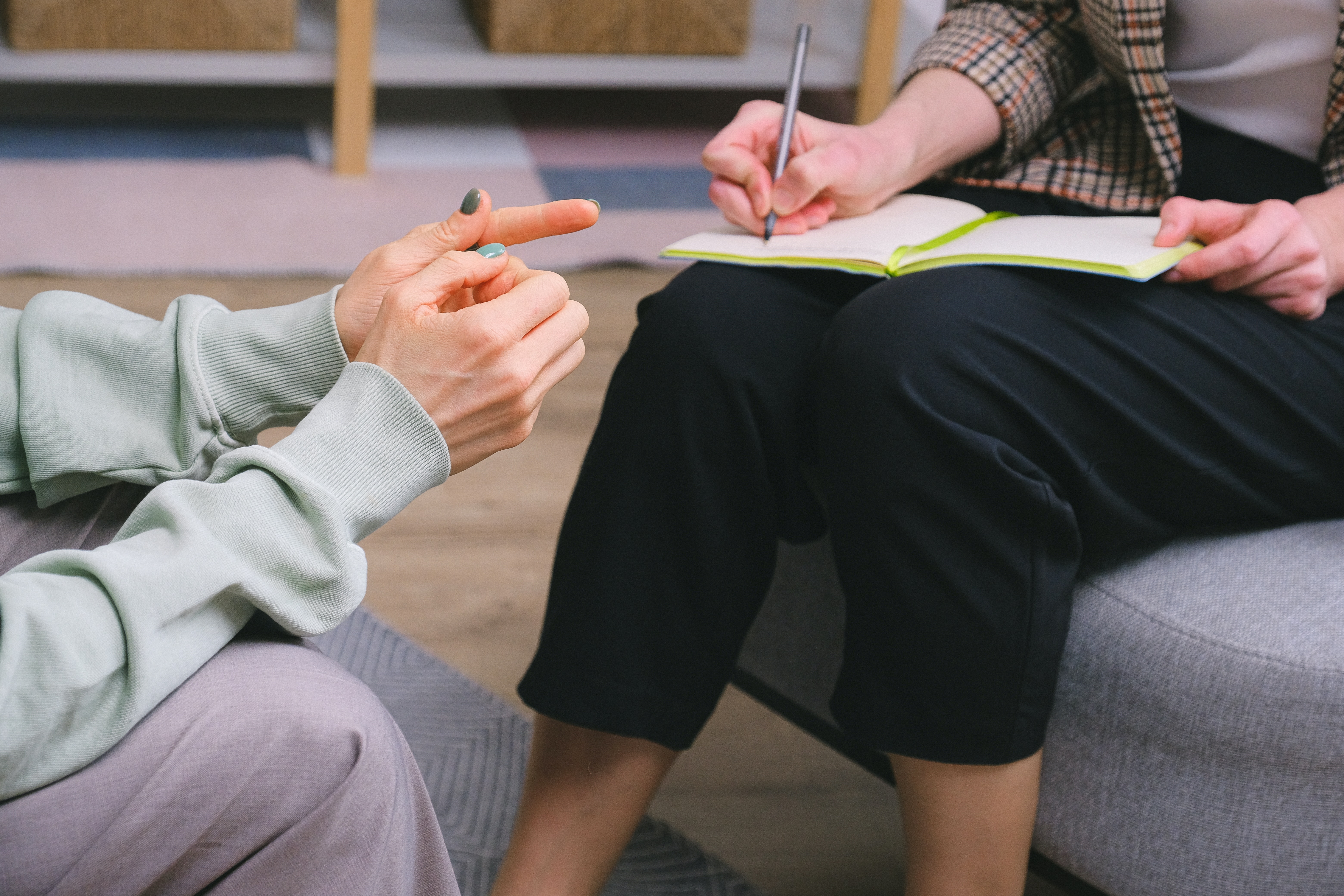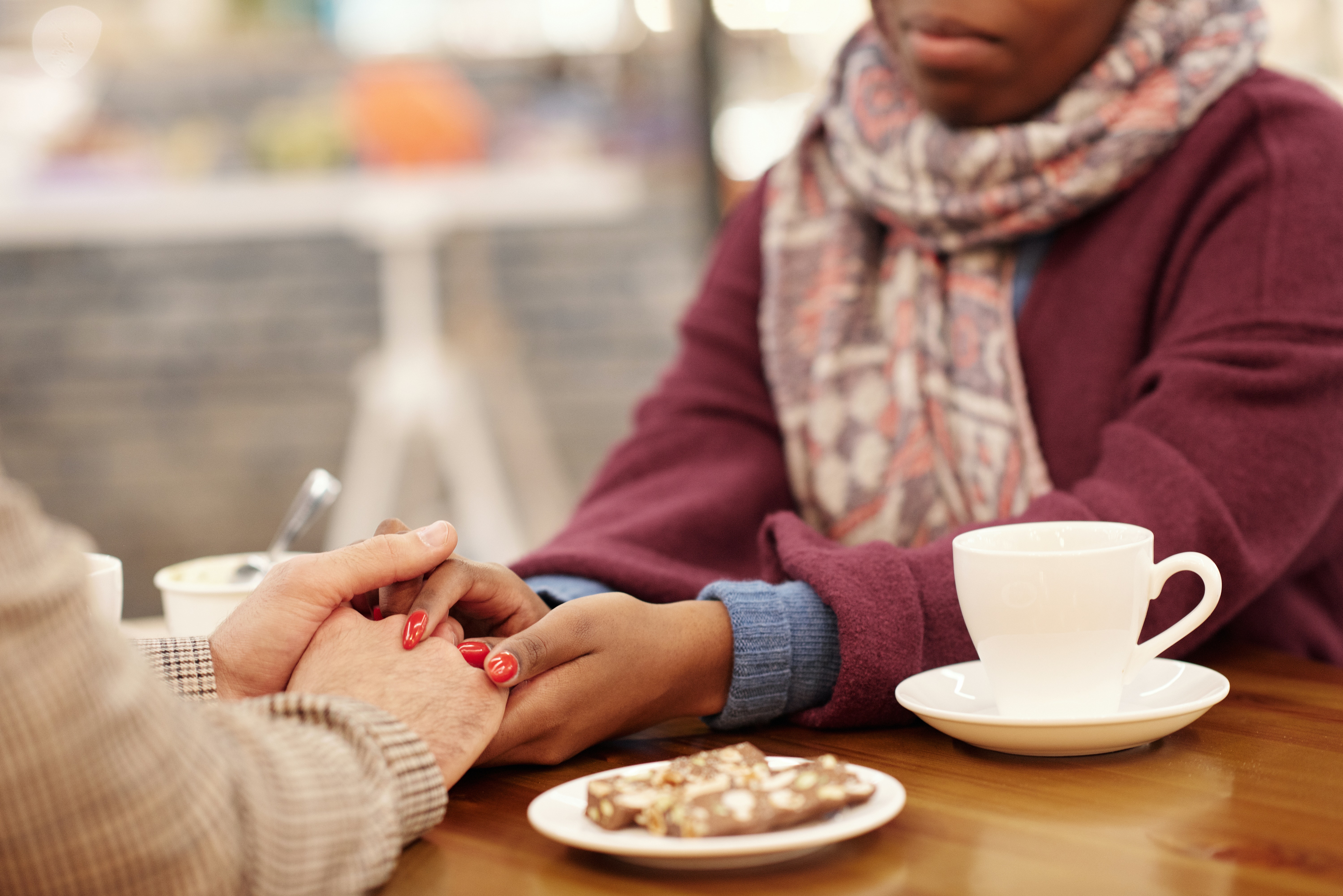
1300 244 910

You don’t have to suffer alone if you are recovering from an incident.
The Pharmacists’ Support Service (PSS) is available to provide support by listening and supporting you after a traumatic event such as a hold-up or violence in your workplace, natural disasters such as fire and flood, a medical emergency in the pharmacy or other unexpected events such as a car accident.
The service can be contacted on 1300 244 910 between 8.00 am and 11.00 pm AEDT every day of the year.
Always be prepared and ensure you are familiar with your pharmacy’s policies and procedures. Know the location of any panic buttons and any pharmacy security cameras. Ensure new staff orientation always includes security and hold-up procedures. Undertake a regular review of the security of the pharmacy and the relevant policies and procedures for managing breaches of security. Seek expert advice from the pharmacy’s insurance company and if appropriate a security specialist.
During a hold-up it is important to remain calm, do not move suddenly and follow the instructions of the perpetrator(s). Observe the height (relate to the height of shelving or a display cabinet in the pharmacy) and any distinguishing features of the perpetrator(s). Listen carefully and note any use of names, any accents and use of slang terms. Observe if the perpetrator(s) touches anything. The safety of all present is your first priority; do not put yourself or anyone else in danger. This is not the time for heroics. If it is possible to obtain a description or the registration details of any get away vehicles this will be of assistance to the police.

Steps to take immediately after the event:
The following information is based on resources provided by the Phoenix Australia Centre for Posttraumatic Mental Health. More information can be found at phoenixaustralia.org.
About trauma
Traumatic events are often sudden and unexpected, and very different from anything we have gone through before. You may have no time to prepare for it or adjust to it and it may be hard for you to make sense of the event. As a result, it may cause you to question strongly held beliefs about your safety, how much control you have over your life and how predictable the world really is. When people describe their world as being shattered following a traumatic event, they are often referring to the shattering of their beliefs. The sudden nature of traumatic events means that those present are often unable to adjust until after the event has occurred. A pharmacy hold-up is one example of a traumatic event that a pharmacist may experience. Trauma is not the same as stress. Traumatic events occur suddenly and can often be life threatening, while stress is a reaction to life events such as exams, financial pressure, job loss, or divorce.
Reactions to trauma
In the first days and weeks following a traumatic event, you may experience strong feelings such as fear, sadness, guilt and anger. You may question your beliefs ─ about your safety, how much control you have over your life and how predictable the world really is. These reactions will gradually decrease over time and there are things you can do to help.
Often people recover from trauma on their own and get back to their normal lives with the support of family and friends, and without professional assistance. However, especially when the effects may be long lasting, it can be beneficial to seek professional help. Particularly troublesome lasting effects may include: depression; anxiety; post-traumatic stress disorder; or risky alcohol and drug use, together with difficulties with relationships, work and daily life.
If you have experienced trauma and if you feel very distressed or your reactions are interfering with your work and relationships, speak with your doctor about it.
Post traumatic stress disorder (PTSD)
PTSD is a set of reactions that can develop in people who have experienced or witnessed an event which threatened their life or safety, or that of others around them, and led to feelings of intense fear, helplessness or horror. It could be a car or other serious accident, physical or sexual assault, war or torture, or natural disasters such as bushfires or floods. Other life changing situations such as being retrenched, getting divorced or the expected death of an ill family member, are very distressing and may cause serious mental health problems, but are not events that can cause PTSD.
Anyone can develop PTSD following a traumatic event but people are at greater risk if the event involved physical or sexual assault, they have had repeated traumatic experiences such as sexual abuse or living in a war zone, or they have suffered from PTSD in the past.
Signs and symptoms
People with PTSD often experience feelings of panic or extreme fear, which may resemble those felt during the traumatic event. A person with PTSD has three main types of difficulties:
First response to trauma
Recovery following a traumatic event is different for everyone. There is a lot you can do to help yourself adjust to the experience you’ve gone through and recover. Some people recover best by getting back to their day-to-day activities as soon as possible. Others need to make sense of what happened by talking to family and friends about it. The support you receive from people close to you will make a big difference to your recovery. Help following a traumatic event does not have to come from a health professional ─ the answers are often found within ourselves and with the help of trusted friends and family. It is important that you use the resources and support systems most readily available to you following a traumatic event. For example, if you tend to use exercise to deal with stress, it might also help you to manage tension following a traumatic event. Spending time with people that have been supportive to you in the past is another way of coping with what is happening.
DO
DON’T

Treatment
It is important during the first few days and weeks after a traumatic event to get practical help. Don’t be afraid to ask for information and support from people and resources that can help you recover. Family, friends and your doctor can often help. If problems persist after two weeks, a doctor or a mental health professional may discuss starting treatment. There are effective treatments to help people recover or manage the mental health consequences of traumatic events.
Talk to your doctor at any time following a traumatic experience if you feel very distressed, or your reactions are significantly interfering with your work and your relationships. You will be able to work with your doctor to identify the particular problems you are facing and the best approach with which to manage them.
Mental health professionals such as psychiatrists, psychologists and social workers can also help you decide what form of care will suit you.
Increasing your sense of safety and control is important to recovery.
The day or night of the event
Returning to work /study routine
Over the next few days and weeks
Follow up action for pharmacy manager or pharmacy owner
Review the pharmacy’s policies and procedures and update them based on the experience. Review security of the pharmacy. Seek expert advice from the pharmacy’s insurance company and if appropriate a security specialist.

Feel confident to seek help from a professional if you are feeling upset or stressed after a traumatic incident. Counselling services exist for this exact purpose and you deserve to find good help.
Check your entitlements for funded counselling sessions. This may be covered by the pharmacy’s WorkSafe/WorkCover policy. Note that there may be an excess on the policy and the employer may be responsible for paying initial expenses. The pharmacy insurance company may provide assistance with access to counselling.
If you work in a large organisation such as a hospital they may provide an Employee Assistance Program (EAP) with access to counsellors or they may have an in-house counselling service.
Each state of Australia has a victims of crime counselling and assistance program. Details of the service can be obtained from the police officers handling your case. Contact your local service and find out if they can assist you. Note that you may not be eligible for this service if you are covered by WorkCover/WorkSafe or the business insurance policy. Beware that some private entities offer compensation services which can have similar names to the state government funded services.
See your General Practitioner (GP) for support and referral to a psychologist. You may be eligible for Medicare subsidised consultations with a psychologist.
To find a local psychologist who specialises in trauma debriefing, visit the Australian Psychological Society website at http://www.psychology.org.au/ or call on 1800 333 497.
Work-related violence can be traumatic and can take many forms. It can be directed to you from colleagues, clients, customers, patients, contractors or other members of the public. WorkSafe has provided a fact sheet about work-related violence which we have linked to below, or you can also access it for yourself here.
Support for Pharmacists 2021 Designed & Developed by VW Themes
| Cookie | Duration | Description |
|---|---|---|
| cookielawinfo-checkbox-analytics | 11 months | This cookie is set by GDPR Cookie Consent plugin. The cookie is used to store the user consent for the cookies in the category "Analytics". |
| cookielawinfo-checkbox-functional | 11 months | The cookie is set by GDPR cookie consent to record the user consent for the cookies in the category "Functional". |
| cookielawinfo-checkbox-necessary | 11 months | This cookie is set by GDPR Cookie Consent plugin. The cookies is used to store the user consent for the cookies in the category "Necessary". |
| cookielawinfo-checkbox-others | 11 months | This cookie is set by GDPR Cookie Consent plugin. The cookie is used to store the user consent for the cookies in the category "Other. |
| cookielawinfo-checkbox-performance | 11 months | This cookie is set by GDPR Cookie Consent plugin. The cookie is used to store the user consent for the cookies in the category "Performance". |
| viewed_cookie_policy | 11 months | The cookie is set by the GDPR Cookie Consent plugin and is used to store whether or not user has consented to the use of cookies. It does not store any personal data. |